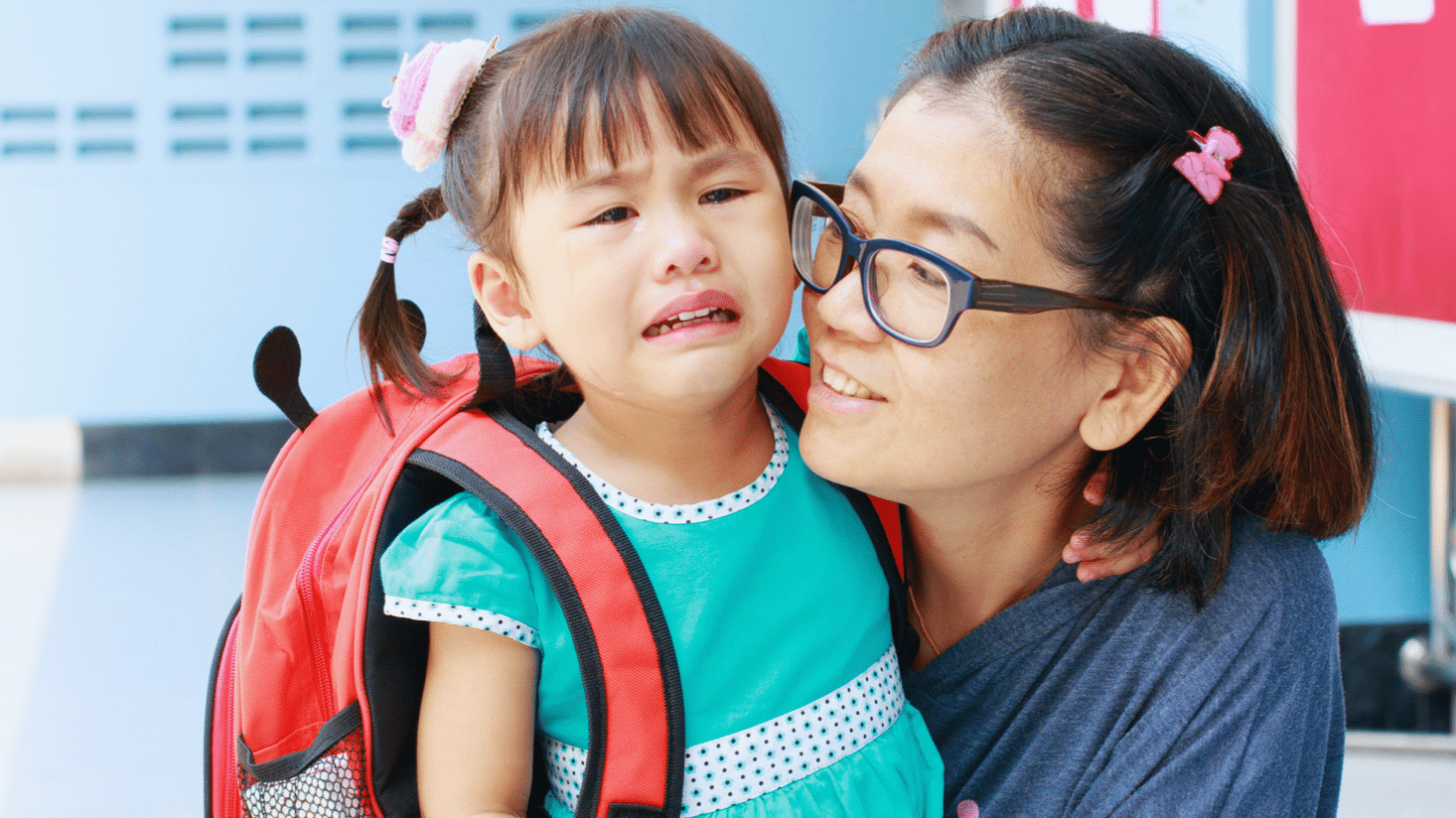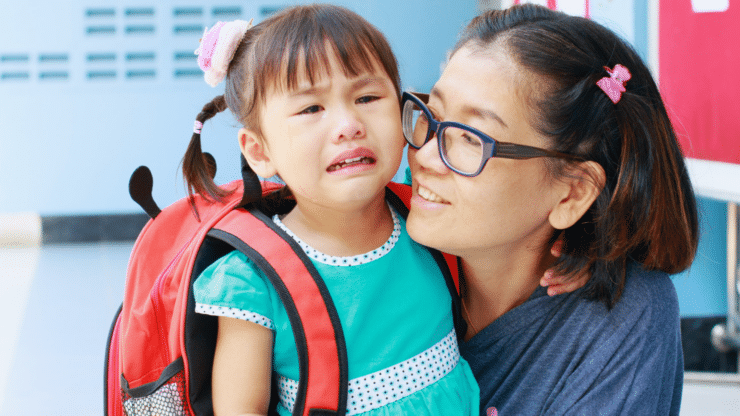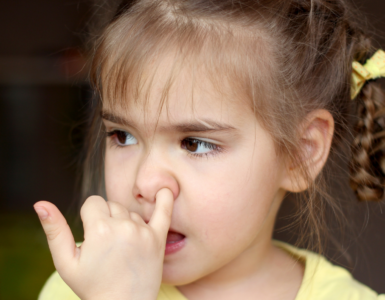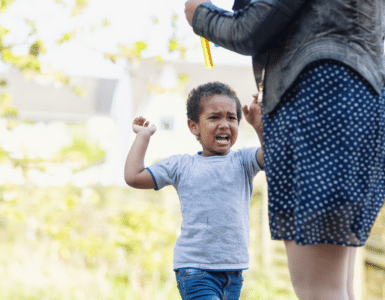The first day of school can be super stressful for parents, especially if it’s your first child’s first day of school.
I’ve noticed once the parents are on child #2 and up, they’re relaxed and eager to drop off their child so they can finally have some free time.
You can make this big transition easier for you and your little one.
Here are some things you could do to prepare your toddler for their first day of school.
1) Put Your Child on a Routine Before Starting School
Your child should be on a consistent eating and sleeping routine in general and certainly before starting school. My toddler students who didn’t have a consistent schedule ended up crying most of the year and could not participate in many of the activities because they were too tired or moody.
ALSO: Is Melatonin a Safe Sleep Aid for Kids?
A good sleep schedule makes a huge difference in your child’s ability to adjust to school. Getting a child used to a new schedule can take a few weeks, so try to start as early as possible. Ensure your child’s home schedule is compatible with their new school schedule.
2) Go to Playgroups
I used to host a lot of playgroups and found that it’s a great way to get toddlers used to school. Kids get to socialize with their peers and explore different toys and centers. They will learn to share and participate in group activities while still having the comfort of their parents with them. You can find local playgroups on Facebook or ask your child’s school to recommend some playgroups.

3) Visit the School with Your Child
Once you know which school your child is going to go to, schedule another visit so that you can meet your child’s teacher and show your child their school. Even if they saw it before while you were still shopping around for schools, take them one more time so they can have a clear vision of what to expect once it’s time for their first day.
4) Talk About School in a Positive Way
Before your child starts going to school, talk to your child about what school is. Be really positive and excited about it. You can say something like, “Wow, you’re going to go to school next week. You’re going to make so many new friends. And you get to have waterplay every week! Are you excited?”
ALSO: My Child Hates School, What Can I Do?
Also, talk about the school schedule with your child, like “In the morning, I’m going to drop you off, and then you’ll have circle time with Teacher Tracy and all your friends!” Let them know that you’ll pick them up after lunch or whatever activity they do right before it’s pick-up time. At my school, we told our students that mom and dad are coming after “soup time” since the kids are always served the soup with a main meal every lunch.
5) Read Books About School
Books are an excellent way to help your child associate school with something fun and positive. While you’re reading storybooks about school, point out how happy and excited the characters are and how nice the teachers are.
6) Be Calm & Happy During Drop-Off
When I notice that a parent is too nervous about the first day of school, I suggest that a nanny or other adult who is calmer drop them off instead. Children are so sensitive to your energy, so even if you force a smile and try to sound happy but still worried or nervous, your child will pick up on that and get nervous or scared too.
ALSO: Omegle is the Lesser Known Chat Site That Endangers Children
You want drop-off to be as chill and smooth as possible. Even if your toddler starts screaming, just stay calm and positive and assure them they will have fun and go! Don’t linger because it will just prolong their separation anxiety. The sooner you leave, the sooner they can adjust to their new environment.
Has your toddler started school yet? Have you joined any playgroups? Let us know in the comments below!









Add comment